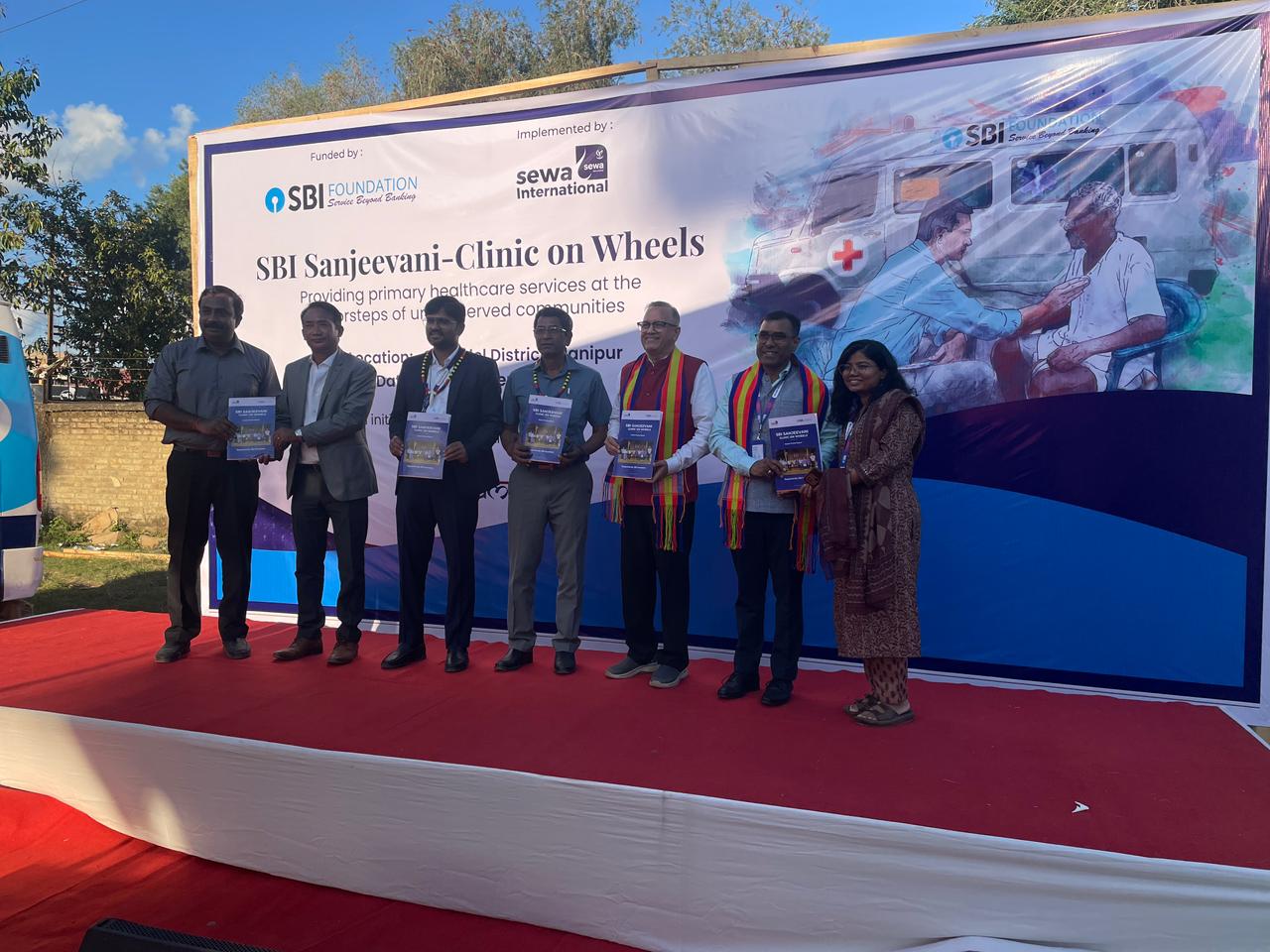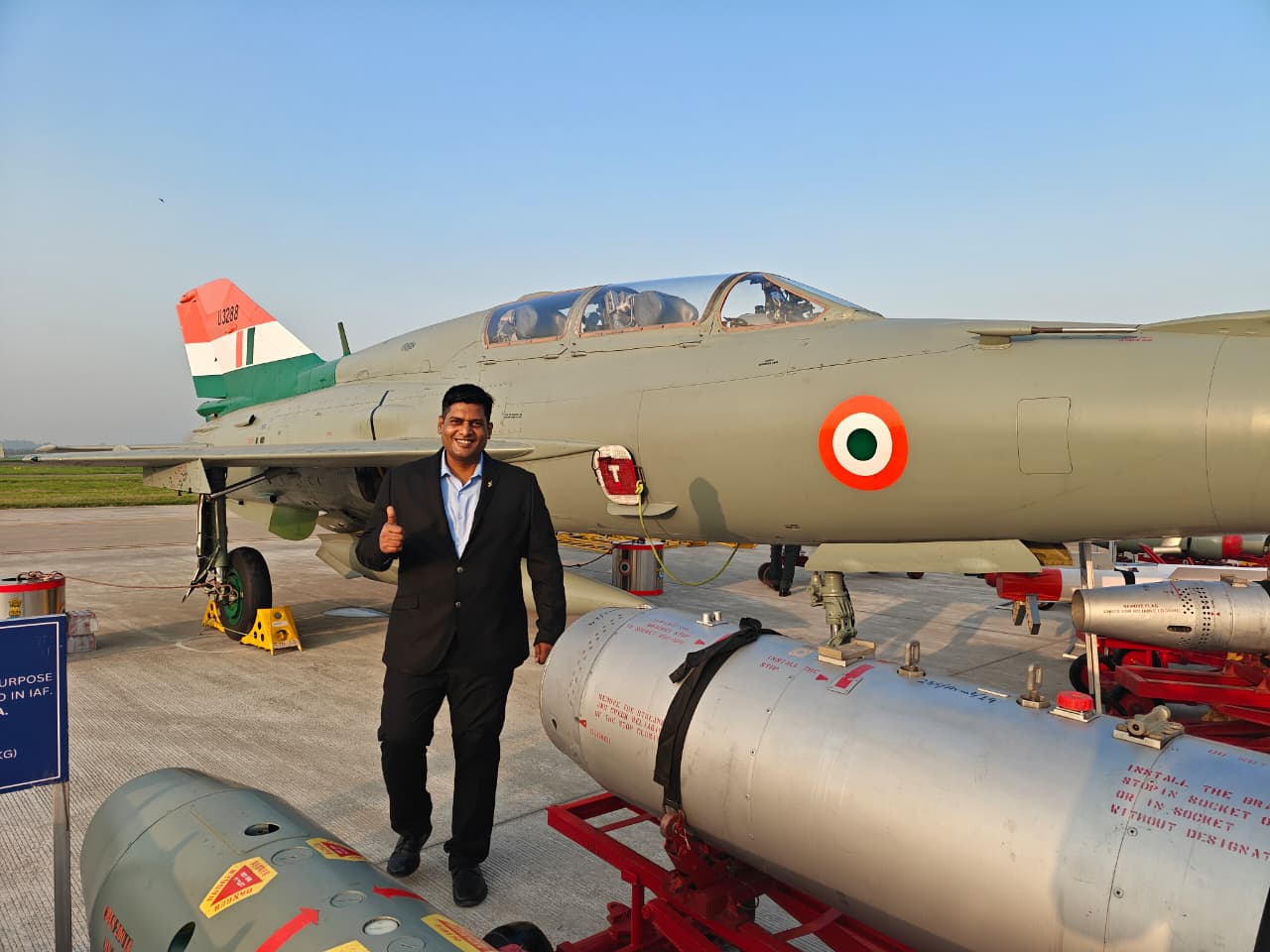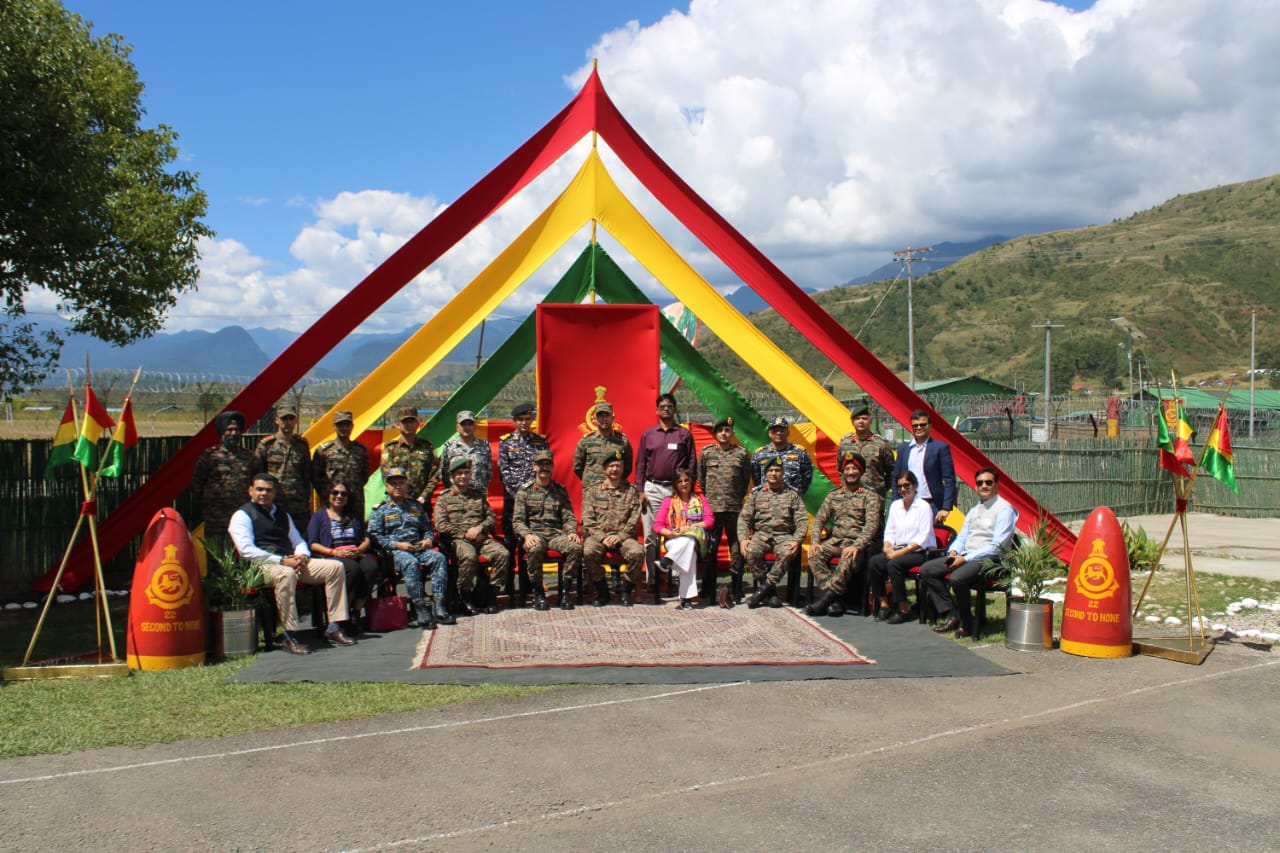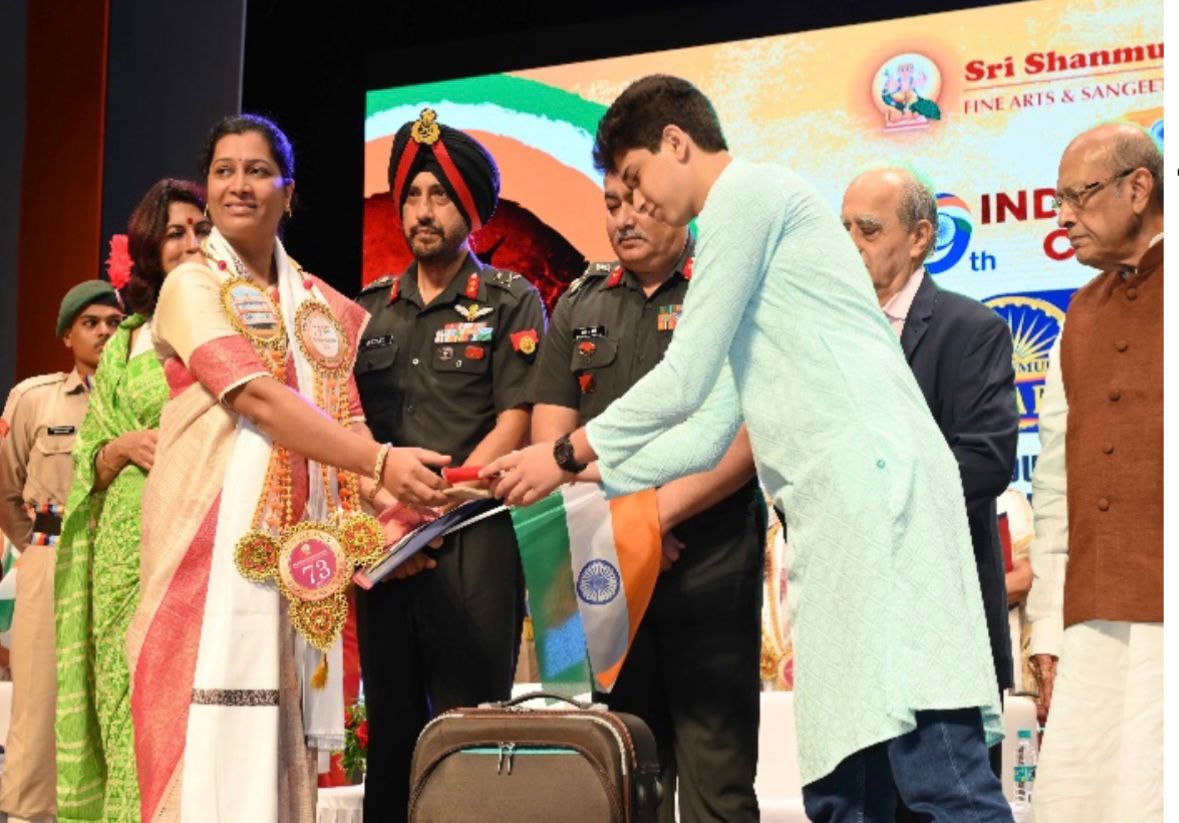 At a time when some of the Indian states are simmering with the blot of communal disharmony and the chasm among different religions of the country seems to be widening on account of some infamous hatred-fueled incidents, there are some which have set examples for others to follow.
At a time when some of the Indian states are simmering with the blot of communal disharmony and the chasm among different religions of the country seems to be widening on account of some infamous hatred-fueled incidents, there are some which have set examples for others to follow.
Far away from the riot-hit states, two New-Delhi based families seems to teach the country a lesson of communal harmony and secularism, which is also reckoned by the Indian Constitution, framed by India’s policy makers. Meet Simran Jeet and Isha Khan, who despite belonging to different faiths have learnt the art to ‘live in harmony despite diversity’, a lesson often taught in textbooks.
The inter-religious friends from New Delhi now never forget to celebrate the festivals of each other’s religion. “We often visited Simran’s house to celebrate Diwali, Holi, Kanjak pooja and during Eid their kin used to visit us. I remember waiting with baited breath for the Kanjak as I was fond of the Prasad. During Holi, we loved to bombard scores of balloons on others and later hiding, making the victim on road flummoxed and irked,” said Isha while sharing some stories of her childhood days in Delhi.
Simran and Isha had grown up in a cosmopolitan society at Paschim Vihar in New Delhi. The society was flooded with people from different religions, castes and different walks of lives. The hybrid inhabitants used to celebrate all festivals of all religions together with the feeling of being Indians. Hindu, Muslim, Sikh were just names of their faiths for them and not a hindrance for mixing up socially.
“A child doesn't know itself what's right and what's wrong. Children learn from their elders. Our parents never discriminated against any religion or caste. As children we never realized that we were of two different religions. The only thing we did realize was that we used to love spending time with each other. I still remember that I used to spend more time in their house than my own,” said Simran.
Religious barriers never came as an obstacle on their way. Simran shares that her family was staying there for many years. They developed a very strong bonding with the people from other communities. Simran says Isha used to take part in the Navaratri celebrations with them and they respected their belief and never did the things they avoid to do. “We never put tilak on the forehead of Isha and her sisters. The respect for others beliefs bring them more closure to each other,” Simran said.
According to Simran, the taste of the sevaiyaan and pakore, she has eaten at Isha’s home during Eid, are some of the best memories of her childhood days. “No matter what but me and my mom never skipped going to their house on Eid. They used to make delicious seviyaan and pakore,” said Simran.
Their parents also boasted about the spirit of humanity among the neighbours of their society, which rarely blurred with time. Simran’s mother Sunita Jhas said, “Our colony was diverse with people from different class and clan but we all used to live like one big family. We have been there for each other during bad times and we all together had enjoyed the good times as well. We have exchanged gifts on Diwali and Eid, we together have danced on occasion of Lohri, played with colours on Holi.”
Christmas celebration in the house of a Muslim friend was another common thing for Simran. “There were no restrictions. You can celebrate any festival at anyone’s house. No one would stop you from doing that,” she said.
Entering into our conversation, Isha’s father, Wasiq Ahmed Khan, raised his concern over the riot hit Indian states. He believes that some politicians for their vote bank politics often encourage violence in the society.
“People, actually, don’t hate each other but it’s the politicians, playing dirty politics for vote bank. People should avoid it and they will feel peace all around. Islam never taught to disrespect or hate people from other religion. Instead, we have been taught to love and respect every individual,” Khan said.
“I never stopped our children celebrating Diwali and taking part in Navratri celebrations. I never had any problem with my kids celebrating festivals of other religions. I myself have Hindu friends, who visit our home on Eid and we exchange gifts on each other’s festivals,” said Wasiq Ahmed Khan.
Both the families have shifted to different places but they still share the same bond. They take part in each other’s functions like a family member.
Both Simran and Isha believe that the bonding between the two families have developed the feeling of Indianess. The society was the mini India for Simran and Isha, where they learned, how the people can live peacefully even if they belong to different communities. “We need to respect each other’s belief to spread harmony in the society but the mind of most of the people has become so rigid that they fail to see humans as just humans,” said Simran.
Communal incidents are very common in our society. After 70 years of Independence, the country couldn’t get relief from religious violence. The narrow mindedness of people has increased the figures of violence. As per the report of central government, there have 822 communal incidents in 2017 in which 111 people were died and 2,384 injured.
The very famous ‘tryst with destiny’ speech by former Prime Minister Jawaharlal Nehru made it clear that it’s important for the people to think above the boundaries of religion and cast for the survival of this democratic state. Though, Nehru was of the thought that, “we are the children of mother India” but due to the narrow mindedness of the people, the country has often witnessed communal spark, especially, during the religious festivals.










